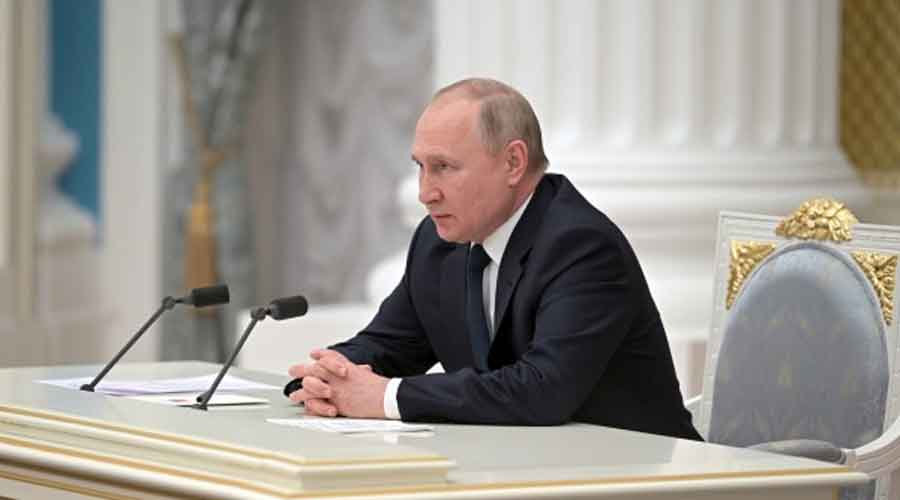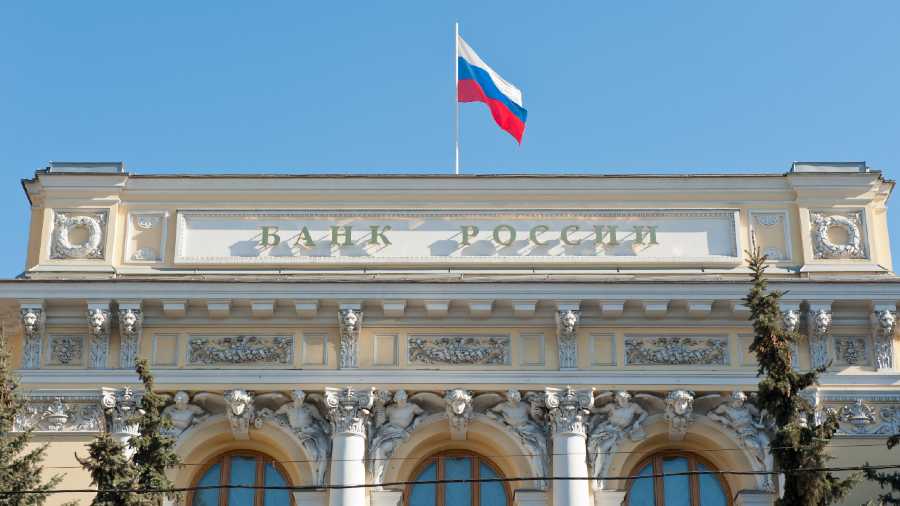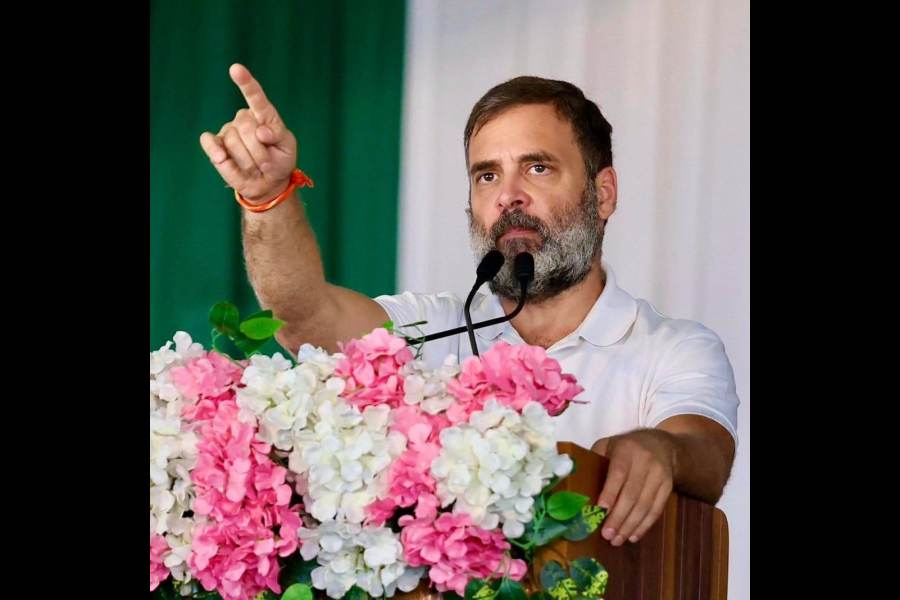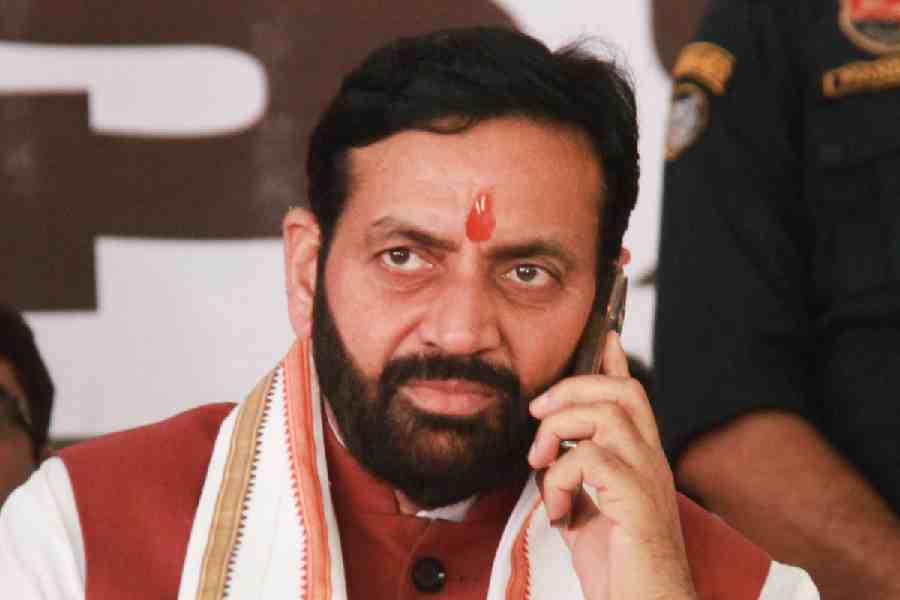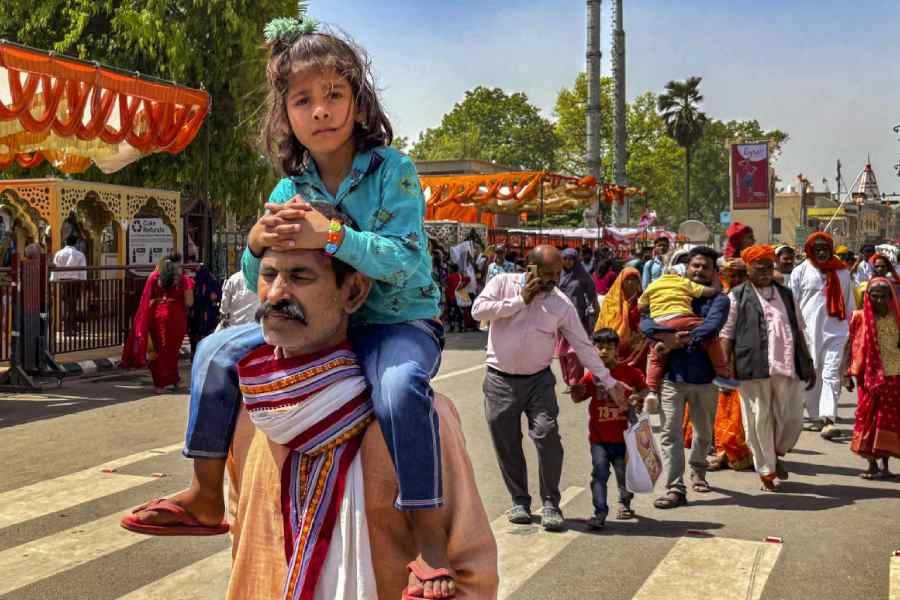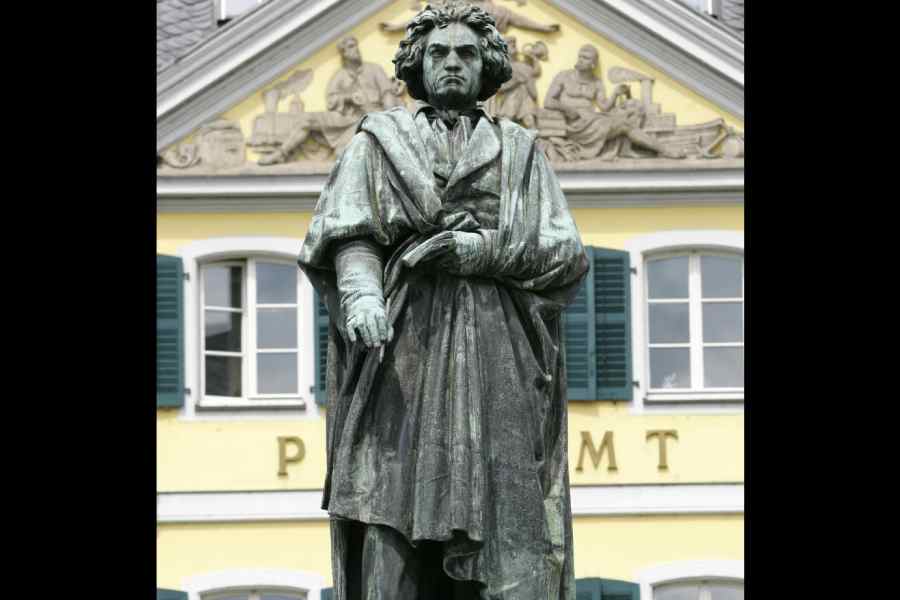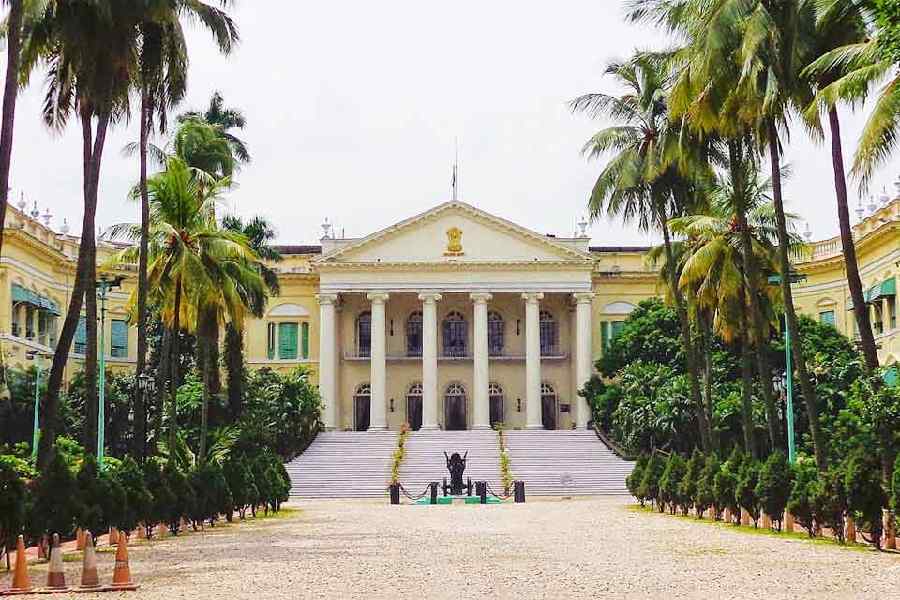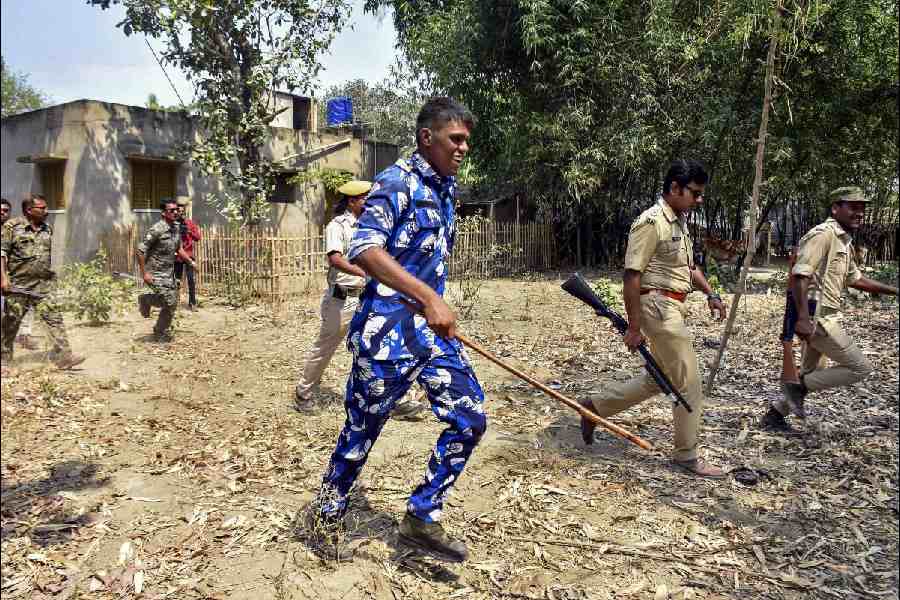President Volodymyr Zelensky of Ukraine agreed on Sunday to talks with Russia “without preconditions”, even as President Vladimir Putin further escalated tensions by placing his nuclear forces on alert.
“We agreed that the Ukrainian delegation would meet with the Russian delegation without preconditions on the Ukrainian-Belarusian border, near the Pripyat River,” Zelensky announced on his official Telegram channel, describing a phone call on Sunday with President Aleksandr G. Lukashenko of Belarus.
Zelensky said he had received “assurances” from his Belarussian counterpart that “missiles, planes and helicopters” would not fly to Ukraine from Belarus ahead of negotiations that will take place on the border between the two countries.
“I will say frankly that I do not really believe in the outcome of this meeting, but let them try to make sure that no citizen of Ukraine has any doubt that I, as a President, did not try to stop the war,” Zelensky said.
But just before Zelensky’s announcement, Putin issued a new threat to the West.
In brief remarks aired on state television, Putin told his defence minister and his top military commander to place Russia’s nuclear forces on alert, characterising the move as a response to the West’s “aggressive” actions.
Not only are western countries implementing “illegitimate sanctions” against Russia, Putin said, “but senior officials of leading Nato countries are allowing themselves to make aggressive statements directed at our country”.
Many analysts had expected Putin to use nuclear threats to push back against the West as tensions rose.
The threat has come at a time questions are being asked whether Putin has lost his mind, and at least one American senator with access to information collected by intelligence agencies has come close to suggesting that the Russian President is mentally unwell.
Linda Thomas-Greenfield, the US ambassador to the UN, said in an interview with CBS News’s Face the Nation that Putin “is continuing to escalate this war in a manner that’s totally unacceptable”.
She added: “We have to continue to condemn these actions.”
Ukraine foreign minister Dmytro Kuleba said Putin’s deterrence order was an attempt to pressure Kyiv during talks. He said Ukraine would not be cowed and that if Putin used nuclear weapons against his country, it would be a catastrophe for the world.
Putin had previously referred to his nuclear arsenal in a speech before the start of the invasion on Thursday, saying Russia’s response to any country that tried to hinder the operation would be immediate and carry “consequences that you have never encountered in your history”.
France’s foreign minister retorted the same day that when making such threats Putin should remember that Nato too was a nuclear alliance.
As the Ukrainian resistance continued — and images of armed and determined civilians circulated widely on social media — other countries announced more steps to support the besieged country.
In the strongest economic sanctions yet on Moscow, the US and Europe said on Saturday they would banish big Russian banks from the main global payments system and announced other measures aimed at limiting Moscow’s use of a $630-billion war chest of central bank reserves.
The European Union said it would fund weapons for Ukraine to help it defend itself against Russia’s invasion, EU officials said on Sunday.
For the first time ever, the European Union will finance the purchase and delivery of weapons and other equipment to a country that is under attack, European Commission president Ursula von der Leyen said.
She said the European Union would close its airspace to Russian aircraft, including the private jets of Russian oligarchs. The bloc will ban Russian state-owned television network Russia Today and news agency Sputnik.
Germany’s chancellor announced a significant increase in military spending, reversing a longstanding policy.
Details about the meeting at the border, including who would participate, were not yet clear. Zelensky had earlier on Sunday rejected holding talks in Belarus — as Russia has been demanding — because Russia staged part of its invasion from Belarus after amassing troops in the country.
But Zelensky’s stance shifted after he spoke over the phone with Lukashenko, the Belarusian leader, Putin’s closest international ally.
The Russian delegation, led by former Russian culture minister Vladimir Medinsky, is already in Belarus.
The diplomatic news came on a day Russian troops, at least for a time, drew closer to the centre of Kharkiv, Ukraine’s second-largest city.
Russian troops blew up a natural gas pipeline in Kharkiv before daybreak, a Ukrainian state agency said, sending a burning cloud up into the darkness.
Both Ukraine’s gas pipeline operator and Kremlin-controlled energy giant Gazprom said the transit of Russian gas via Ukraine, vital for Europe’s energy needs, was unaffected.
A UN relief agency said more than 368,000 refugees had crossed into neighbouring countries, clogging railways, roads and borders.
At least 198 Ukrainians, including three children, have been killed in the invasion, the head of Ukraine’s health ministry said.
A United Nations agency reported 64 civilian deaths and a Ukrainian presidential adviser said about 3,500 Russian soldiers had been killed or wounded. Reuters was not able to verify the numbers. Western officials have said that intelligence has shown Russia suffering higher casualties than expected, but Russia has not released casualty figures and Reuters was unable to verify tolls.
Additional reporting by New York Times News Service
Chhote chhote?
“Aaj hamare bachche padhne ke liye, khas kar ke, medical education ke liye, duniya ke chhote chhote deshon mein ja rahe hein…. (Nowadays, our children are going to small countries for education, especially medical education),” Prime Minister Narendra Modi had said on Saturday, appealing to the private sector to invest more in medical education in India.
Modi did not mention any country. But in the middle of the Ukraine crisis and with many Indian medical students stuck there, the Slavic nation may have come to the mind of many when Modi made the reference, although Indians do go to other countries, too, for medical education.
How “chhote, chhote” is Ukraine? It is the second largest country in Europe after Russia. So, definitely not “chhote, chhote”, if Ukraine indeed was on Modi’s mind.
Ukraine is smaller than India in size. But Ukraine’s GNI per capita (a measure of the standard of living) of $3,540 in 2020 was higher than India’s $1,900 in the same year.
Fighter MP
Svyatoslav Yurash, an Ukranian MP and a member of President Zelensky’s Servant of the People party, stands in downtown Kyiv with an assault rifle slung on his shoulder.
He said he wanted to visit some troops nearby and then go to Kyiv’s western outskirts to join the fight. Yurash, dressed in a white shirt decorated with traditional Ukrainian folk embroidery, said he did not expect the “Russians to give up”.

